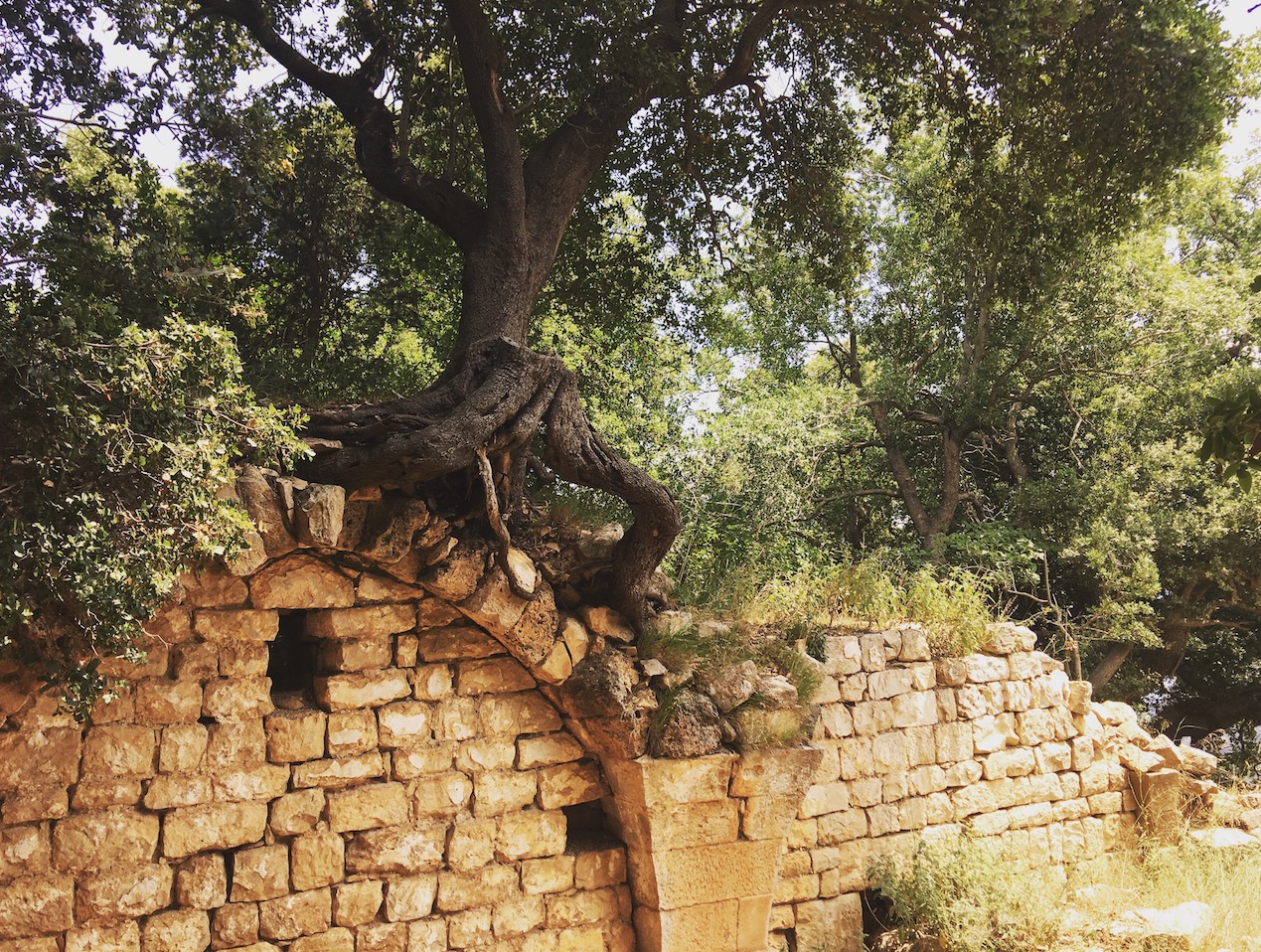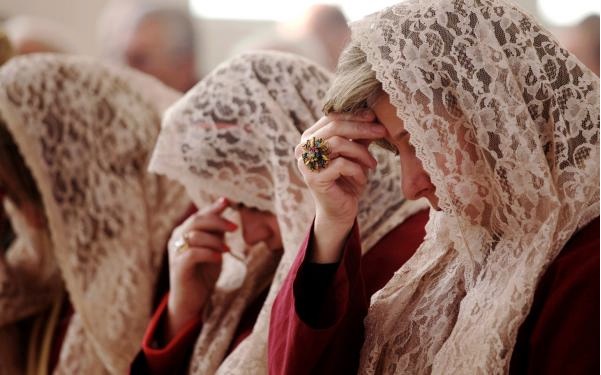
August 1
The road to the Kingdom of Junipers begins with an Uber. ‘Your driver will be here in 3 minutes,’ the app reminds me as I stuff my camera and notebook into a tote bag emblazoned with the name of my current base, Beirut. I am running late for my trip to Berqa, a village in the northern Bekaa valley. Berqa is home of the Kingdom of Junipers, a conservation project spearheaded by a local priest, Father Antoine Geagea. Public transportation doesn’t reach the village, so his niece has offered me a ride in her car that afternoon.
The Uber driver nudges through the thick traffic on a familiar highway leading us to the city’s edge, where we have agreed to meet. We pass the spot where, on the way to an interview last week, another car rear-ended the Uber I was in—thankfully, leaving only a scratch. The driver rolled his eyes at the idea of calling the insurance, and we continued on our way: I wasn’t even late for my meeting. This time, we arrive incident free, and I climb into the car for the ride to the Bekaa.
Largely because of a lack of public transport, Lebanon has a very high rate of car ownership: 865 out of every 1000 residents own a car. (For comparison, in Dubai the rate is 550/1000). Much of my reporting this summer has taken me on trips outside Beirut. Sitting in various cars and buses, I’ve thought frequently about traffic and transportation. On this trip, we follow the twisting road up Mount Lebanon before turning onto the Beirut-Damascus Highway. The highway is crowded with shops, bakeries, and vegetable stands on either side. We stop to eat kaak, a ring-shaped bread covered in sesame seeds, smothered in Picon cheese.
A few miles later, we pass a bakery in the ancestral hometown of my Lebanese-American friends. I last traveled this highway in November to witness and attend their family reunion—three generations and almost 100 years in the making. Sometimes, the stories that stay with us the most are not from news headlines, but those we carry within. These are the narratives I’ve been honored to hear from many people this summer—about their faith, families, and the land that holds them.
We come to a stop at a vegetable stand, bringing me into the present moment. A kilo of garlic is overpriced here, so we continue onwards, pulling over a few times before we load a crate of the cloves into the trunk. When the road splits, we follow the fork to our left, for the Bekaa Valley. The traffic thins out and the valley stretches out ahead. By the time we pull into the village, the sun is beginning to settle towards the sea. Juniper trees crowd the slopes around us. Some of them are upwards of 400 years old, Father Antoine remarks to me, as we walk through the nursery. “Greet them, they are your friends,” he tells me and his young nephew. I hold the evergreen leaf of a sapling between my fingers and say hello, feeling grateful for my arrival among these resilient trees.






